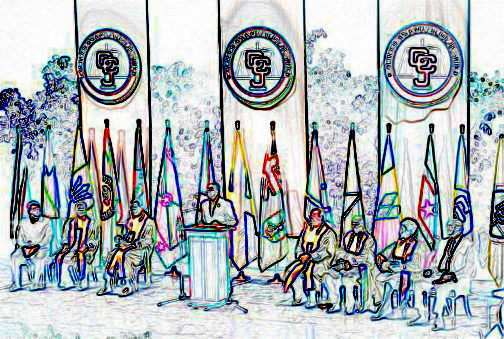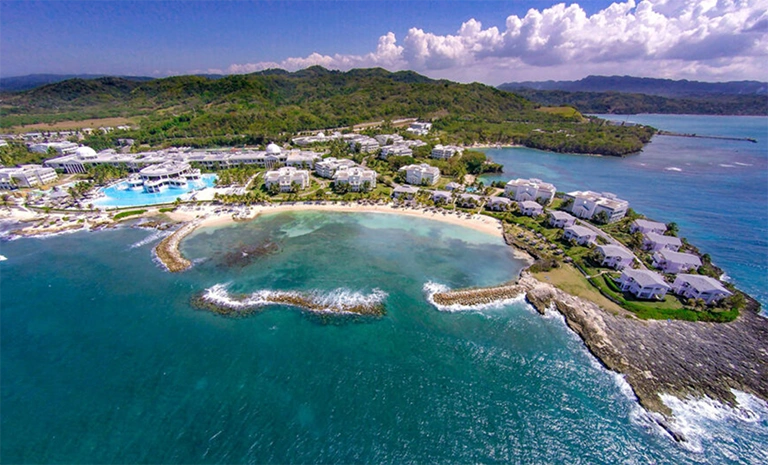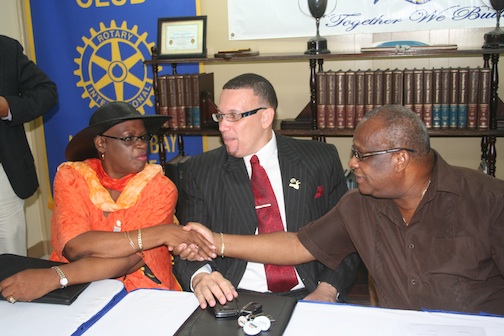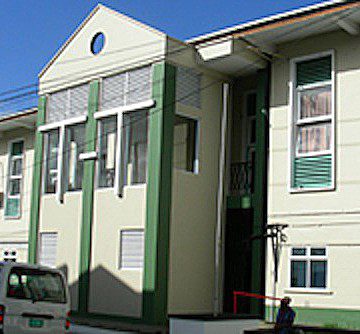Op-Ed: Is Now the Time for the Caribbean Court of Justice?

By David Rowe
Op-Ed Contributor
Last month, Jamaica Prime Minister Portia Simpson-Miller of Jamaica, in an emphatic speech at the Sir Arthur Louis Institute for Social and Economic Studies, emphasized that Jamaica was committed to regional integration and cooperation.
The Prime Minister described herself as a committed regionalist who planned to use her power to promote “improved social and economic conditions for our Caribbean people.” The Prime Minister used this occasion to endorse the importance of the Caribbean Court of Justice (CCJ).
The regional judicial tribunal, which was officially opened in 2005, has not yet achieved full regional adoption as a replacement for the Judicial Committee of the Privy Council.
The Caribbean Court of Justice has two forms of jurisdiction: an original jurisdiction and an appellate jurisdiction. In its original jurisdiction, the Caribbean Court of Justice is the sole legal interpreter of the Revised Treaty of Chaguaramas. In its appellate jurisdiction, the Caribbean Court of Justice hears appeals as the final court of appeal for civil and criminal matters from those Caribbean states which have chosen to stop making appeals to the Judicial Committee of the Privy Council.
The CCJ has not yet achieved overwhelming support in the Jamaican Bar. There is a small but powerful minority of attorneys who maintain loyalty to the Judicial Committee of the Privy Council.
The Judicial Committee certainly has its assets. Because of its composition of Justices of the United Kingdom Supreme Court, there is a confidence in the quality and probity of the decisions of the Privy Council.
Because of its unique international history as the Court for the British Commonwealth, the Judicial Committee has a reputation for fairness and the quality of its judiciary.
The CCJ as a new Court will never share the Judicial Committee’s heritage. It can be argued that the CCJ owes it conceptual origins to the Federal Supreme Court, which had original jurisdiction to interpret and apply the Federal Constitution of the now-defunct West Indies Federation.
The West Indies Federation failed because of lack of agreement between the Caribbean States. Will the Caribbean Court of Justice share the same fate?
Critics of the Privy Council argue that it is essentially a colonial court which was historically established to defend the interests of the West Indian planter class. Its supporters point out the excellent qualifications of the judges, their unimpeachable autonomy and the courts’ sensitivity to West Indian social issues within the context of excellent supportive judicial resources. Note the decision of Moses Hinds v the Queen and the court’s judicial acknowledgment of Jamaica’s gun control problems.
The Caricom Heads of Government established the Caribbean Court of Justice in 1992 along the lines of a report drafted by the West Indian Commission entitled “Time for Action.” This report recommended the establishment of a court that would have both international jurisdiction to interpret the Treaty of Chaguaramas and have original jurisdiction over member countries.
In Jamaica, there is a legal tussle over whether Jamaica should stick its toes in the new water of the Caribbean Court. The fact that Jamaica has not yet accepted the Caribbean Court of Justice as its final Court of Appeal leaves a question over the CCJ’s strength and regional relevance.
The Jamaican House of Representatives will be setting to debate this issue in the near future. For Jamaica to adopt legislation to abolish appeals to the Privy Council may require a referendum.
The Jamaica Labour Party, the Opposition in Jamaica, has repeatedly called for a referendum and apparently will not support the establishment of the Court unless a referendum endorses it.
The original drafters of the Jamaican Constitution did not consider judicial autonomy as a prerequisite for political independence. It still remains to be seen whether the Jamaican population considers this an important issue.
Earlier this month, Trinidadian Prime Minister Kamla Persad-Bissessar urged her Jamaican counterpart, Prime Minister Portia Simpson Miller, to adopt the CCJ as the country’s final Court of Appeal. Will Portia be able to convince her country’s lawyers to quietly accept the inevitable?
David P Rowe is an attorney in Jamaica and Florida and a law professor at the University of Miami School of Law in Coral Gables, Fla.
Note: the opinions expressed in Caribbean Journal Op-Eds are those of the author and do not necessarily reflect the views of the Caribbean Journal.








